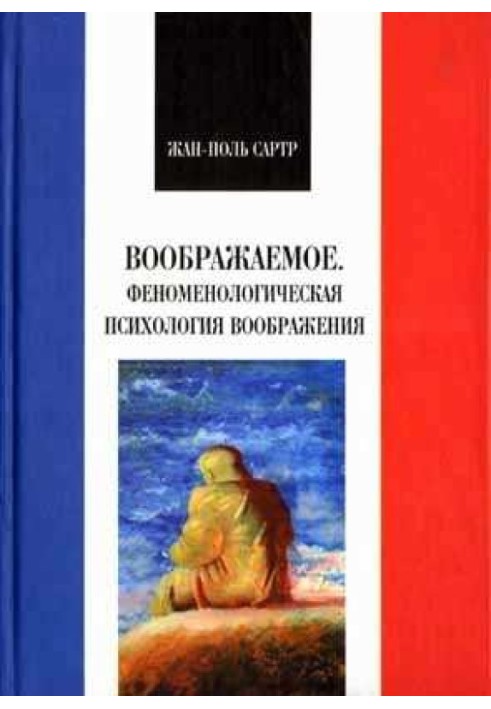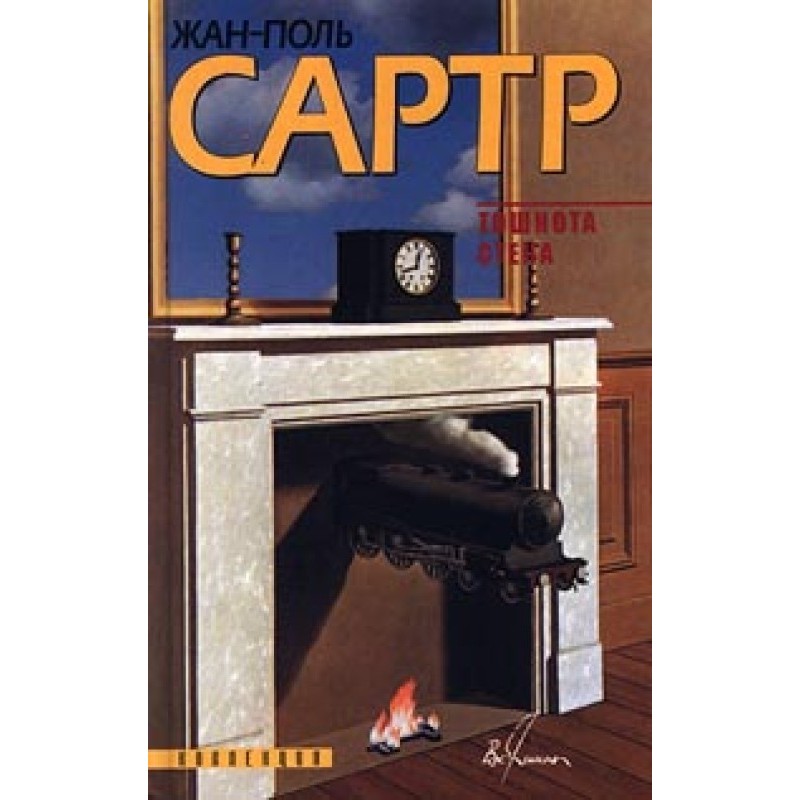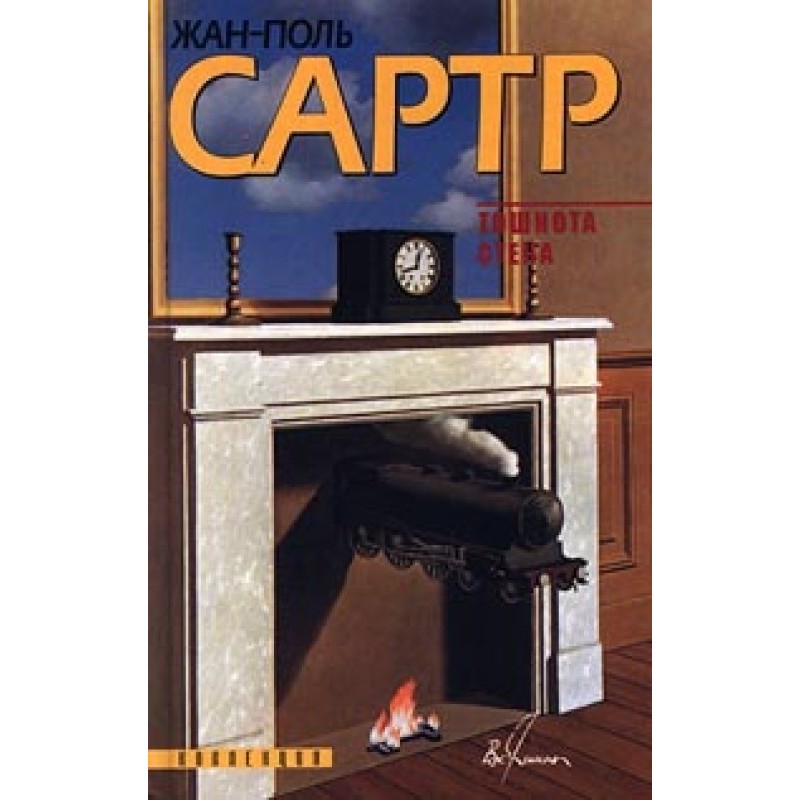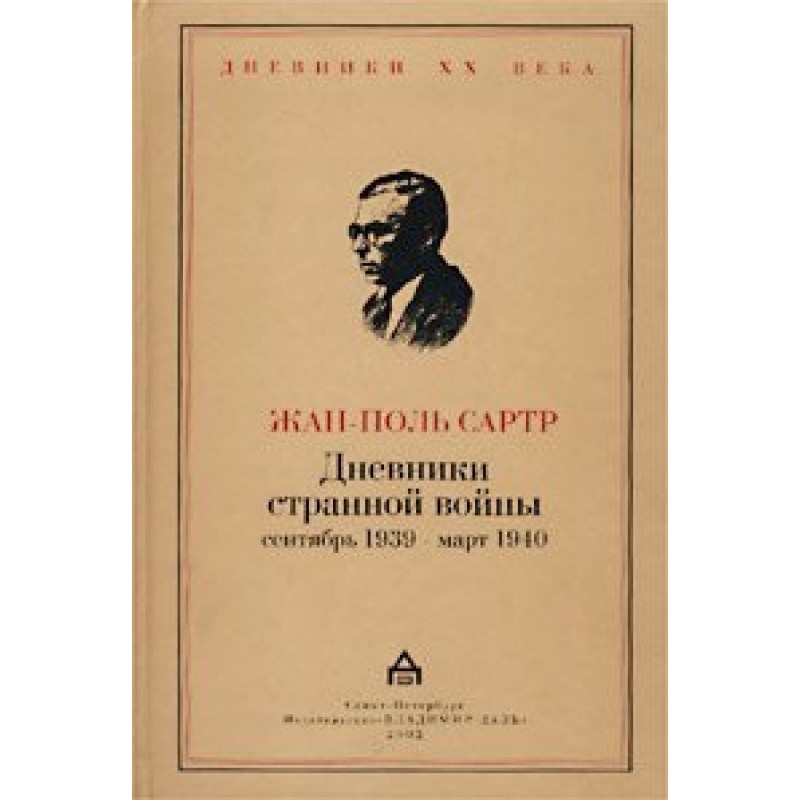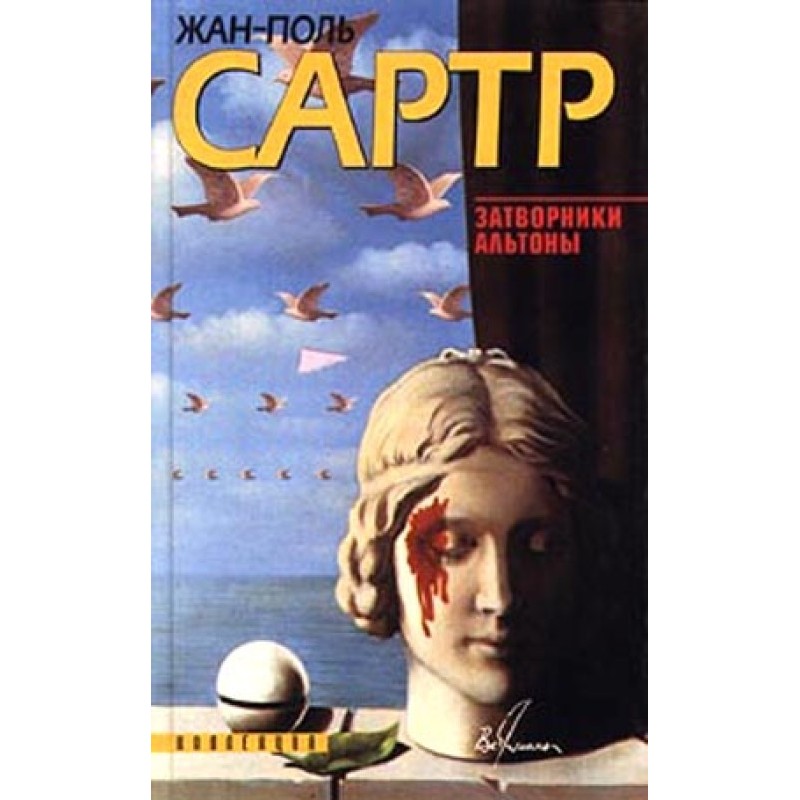Imaginary. Phenomenological psychology of imagination
 Instant download
Instant download
after payment (24/7)
 Wide range of formats
Wide range of formats
(for all gadgets)
 Full book
Full book
(including for Apple and Android)
Sartre’s work “The Imaginary” (“L’Imaginaire”) is a work of the famous philosopher, created in the late 30s and revealing a strong influence of the phenomenological works of E. Husserl, already published by that time. The author seemed to be fulfilling the task of a teacher who outlined the main directions for the phenomenological description of all kinds of objects of intentional consciousness. Sartre chooses one of the most essential and intriguing abilities of the human mind: imagination. In his earlier work, L'Imagination, he critiques theories of mental imagery that have emerged since Descartes. Now, following Husserl’s main methodological thought, he undertakes to carry out a phenomenological description of the activity of the imagination and the noematic correlate of this activity - the imaginary, image. Sartre’s pre-war work retains its significance both in the field of application of fundamental philosophical methodologies and in the theory of art and the subject of artistic creativity. The author’s meticulous phenomenological description is an extremely instructive experience, and in addition, it is closely connected with the author’s literary work, in particular with the novel Nausea, which appeared at about the same time.
“Imaginary” closes the series of works Sartre in psychology. A person who studies it is immediately convinced that “The Imaginary” is a book on psychology when faced with the abundance of special, purely psychological material in it (there is especially a lot of it in the second and third parts of the book). And yet, this is not just a book on psychology. This is a philosophical book. This is a book on the philosophy of psychology. It is more about philosophy than psychology. It is also important here that it came out of print just three years before Being and Nothingness was published. The period of time is short. It is therefore not surprising that in “The Imaginary” one can find the beginnings of those philosophical ideas that reached maturity in “Being and Nothingness.” Jean-paul sartreL’imaginaire Psychologie phenomenologique de l’imaginationGALLIMARD
Data sheet
- Name of the Author
- Жан-Поль Сартр
- Language
- Ukrainian
- Release date
- 2001
- Translator
- М. И. Бекетова
Reviews
Глибоке дослідження уяви та свідомості
Книга "Уявне" Жана-Поля Сартра є справжнім шедевром філософської літератури, що відкриває нові горизонти у розумінні феноменології уяви. Сартр, спираючись на ідеї Едмунда Гуссерля, майстерно аналізує складні аспекти інтенційної свідомості та її здатності створювати ментальні образи. Цей твір не лише поглиблює наше розуміння психології, але й пропонує філософський контекст, що дозволяє читачеві замислитися над природою реальності та уяви. Сартр вміло поєднує теорію з практикою, демонструючи, як уява впливає на наше сприйняття світу. Ця книга стане незамінним джерелом для тих, хто прагне зрозуміти, як уява формує наше буття і як вона пов'язана з літературною творчістю автора. Незважаючи на деякі недоліки в перекладі, зміст книги вражає своєю глибиною і актуальністю, роблячи її важливою частиною філософської бібліотеки кожного, хто цікавиться психологією та філософією

